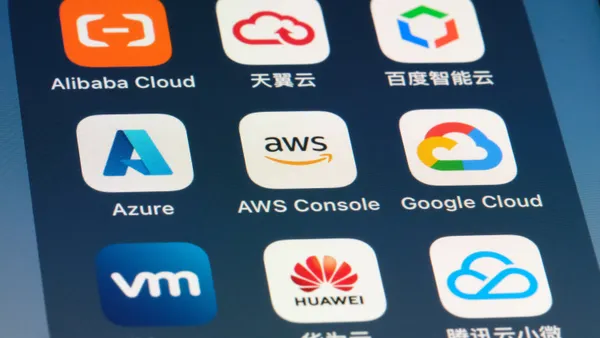Dive Brief:
- Three-quarters of developers say their organizations plan to maintain a remote or distributed developer workforce even after the COVID-19 crisis subsides, according to Harness’ State of Developer Satisfaction report. The company surveyed 500 U.S. IT and engineering professionals.
- The continued strategy is aligned with workers’ preference, since 52% of developers say they’re happier in their roles since the impact of the crisis made remote work the norm. In this new working environment, 43% of developers say their team’s deployment velocity has actually increased in the aftermath of COVID-19, according to the report.
- Over half of developers say they’re not very likely, or not likely at all, to change jobs in the coming year. The idea of switching jobs makes 45% of developers feel anxious, the top emotion cited as a response to the possibility of a job switch.
Dive Insight:
Developer teams quickly settled into remote work, leveraging a backbone of digital tools — from virtual meeting software to digital whiteboards — in order to continue operations.
It was a critical time for teams supporting technology. The majority of company processes that could be translated to the digital realm were quickly pivoted, with IT teams supporting most of that work. This change happened while development teams connected remotely, and now business leaders are crafting strategies to make that work sustainable.
“It’s actually two challenges: we were disrupted initially and now we’re coming into a mode of having to figure out how to be sustainable in a period of something that we thought might only last a couple of weeks,” said Jeremy Bower, VP of Global Systems Development at Ensono, told CIO Dive in May.
Powered by cloud-based tools, developers battled disruption while remote. In retail, tech workers supported a rising tide of online orders. Healthcare teams grappled with a rapid shift to telehealth made more complex by cybersecurity challenges. Data engineers worked to produce insights as their organizations asked new questions.
To make remote work sustainable, helping teams “continue to foster feelings of trust and belonging" becomes essential, Bower said.














